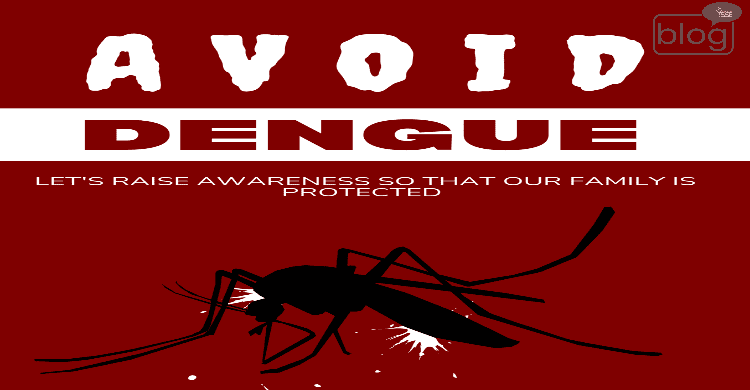What is dengue?
Nowadays dengue is a talking issue. Dengue (Break-bone-fever) is a viral infection. It spreads from mosquitoes to people. Dengue fever is the cause of dengue. Dengue fever is caused by a virus carried by mosquitoes.
Dengue is often a leading cause of illness with risk. About 100-400 million infections occur each year. Mostly in urban and semi-urban areas, dengue is found in. These mosquitoes are mainly found in Asia, Africa, and America.
Bangladesh is scraping with a deadly dengue. When the monsoon season comes, dengue has risen in epidemic proportions. The country causes widespread infections & fills the hospital. It has already reached an epidemic proportion. Many people are affected by dengue. In Bangladesh, 293 have died and 61,500 have been infected by dengue (August 5,2023). Bangladesh has confronted a serious rate of dengue. Scientists are dealing with a dengue vaccination. For the time being, reducing the population of dengue is the best way to prevent infection in areas where dengue fever is common. You can lower your risk of dengue by avoiding being bitten by mosquitoes, especially during the day.
★ Symptoms :
Dengue will not affect the majority of people. High fever, headache, and body throb are normal side effects of dengue. Dengue symptoms typically begin within one to two weeks. Symptoms typically begin four to ten days after infection and last between two to seven days. Some symptoms may include :
- High fever ( 40°C/104°F)
- Severe headache
- Pain behind the eyes
- Muscle pain
- Nausea
- Rash
- Vomiting
- Swollen glands
Severe dengue symptoms has come after the fever has gone away :
- Severe pain in whole body
- Continuous vomiting
- Difficult breathing
- Bleeding nose
- Exhaustion
- Blood in vomit
- Being very thirsty
- Fickleness
- Faded skin
- Feeling ailing
People who have these severe symptoms should get care right away. People recovering from dengue may experience fatigue and weakness. A typical platelet included in grown-ups goes from 150,000 to 450,000 for each microliter of blood. You might have problems, if your platelet count is low.
★ Treatment or prevent :
Dengue fever is a medical emergency that can kill you. If you recently been to place where dengue fever is common, you should see a doctor right away, if you notice any warning symptoms.
These tips may help reduce your risk of mosquito bites :
- Stay in a well conditioned house.
- Wear protective cloth as a long sleeve shirt, pants, socks and shoes when you visit a mosquito infested area.
- Use mosquito coils and aerosols to reduce the amount of mosquitoes.
- Make sure the window and door screen are secure and free of holes.
- Use mosquito nets, if sleeping areas are not screened
- If you have symptoms of dengue, speak to your doctor.
There is no specific treatment for reducing dengue infection. If you have severe fever, you should use painkillers with acetaminophen and avoid medicine with aspirin. Rest, drink plenty of water and listen to your doctor’s suggestions. You should get to a hospital immediately, if you feel worse in the 1st 24 hours after your fever goes down and to be checked for complications. Dengvaxia, a vaccine for people 9 to 16 who have already been infected with dengue, received approval from the FDA in 2019. However, presently, there’s no vaccine to forestall dengue.
According to 2019 research, treatment for mild form includes:
- Drink plenty of water to help prevent dehydration.
- Getting enough rest.
- Taking painkillers such as Tylenol or paracetamol which helps to reduce fever.
- Eat liquid food such as soup, coconut water and many more.
In severe case, if doctor recommend hospital than treatment include :
- IV fluid supplementation.
- Blood transfusion.
- Platelet transfusion, in some cases.
Without treatment, 20% of severe cases may be fatal.
The best method to control this virus is to combat vector transmission. Mosquitoes spread the virus of dengue. Most people don’t have symptoms. Assuming that somebody has dengue, the side effects are frequently mild. Dengue can be fatal in some instances. When infected people are bitten by mosquitoes, the disease may spread to others.
Careful clinical detection and management of dengue patients can reduce the rate of mortality from severe dengue. So, use protection to reduce the rate of dengue virus. Lastly we can say that :
” End dengue for a healthier tomorrow “
To read more blogs, click here.
Writer
Anamika Ghosh Shreya
Intern, content writing department
YSSE

